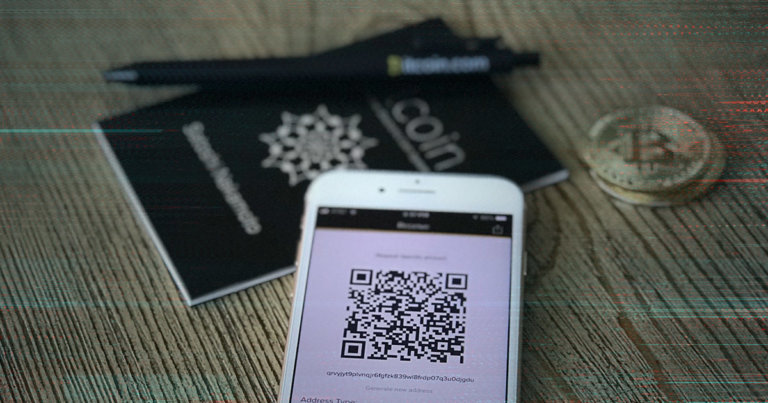 US agency FBI gives tips on dealing with the rise in crypto ATM fraud
US agency FBI gives tips on dealing with the rise in crypto ATM fraud US agency FBI gives tips on dealing with the rise in crypto ATM fraud
The FBI warns of the rise in crypto ATM/QR scams which involve grooming the victim.

Photo by David Shares on Unsplash
U.S law enforcement agency the FBI has posted a warning about a new type of crypto scam that’s gaining popularity. It involves a scammer convincing a victim to put cash into a crypto ATM to send funds via a QR code.
The crypto ATM/QR scam
Crypto scams cover a variety of methods, but perhaps most well-known are rug pulls, as exemplified by the recent fraud involving the Squid Game token.
$SQUID investors were unable to withdraw funds. Initially, this was spun as part of the protocol and in line with the TV show in which one person walks away with the “pot.” But following massive price spikes, the developers ran away with the liquidity leaving holders high and dry.
However, the FBI warns that this QR code scam involves much more “grooming” of victims, which can happen across multiple different scenarios. They mention scammers leveraging impersonation of officials, romance cons, and lottery schemes in which the victim must send funds to receive the lottery winnings.
“Such schemes include online impersonation schemes (scammer falsely identifies as a familiar entity such as the government, law enforcement, a legal office, or a utility company), romance schemes (scammer establishes an online relationship with a victim by creating a false sense of intimacy and dependency), and lottery schemes.”
Regardless of the scheme employed, the follow-up is similar. This involves a request for payment and the provision of a QR of the scammer’s wallet to send the funds.
The scammer then instructs victims to attend a physical crypto ATM and insert the cash, purchase crypto, and use the QR code to auto-populate the scammer’s wallet address. The FBI states that the scammer is often present in online communication, providing step-by-step guidance until the payment goes through.
How to protect against this scam?
To avoid losing funds, the FBI states that people should not trust people they meet online. Even if they think they have built a relationship with that person.
This extends to include not following instructions to scan QR codes, or responding to people who claim they are representatives of a company or agency. The FBI also warns that caution should be exercised when an entity claims it can only accept crypto.
“These entities will likely not instruct you to wire funds, send checks, send money overseas, or make deposits into unknown individuals’ accounts.”
Overall, the tips on avoiding crypto scams given by the FBI don’t include anything that isn’t already commonsense.
As ever, it pays to stop and think about sending funds to someone you’ve never met in real life, which applies equally to all forms of payment not just crypto.



 CoinGlass
CoinGlass 






























































































